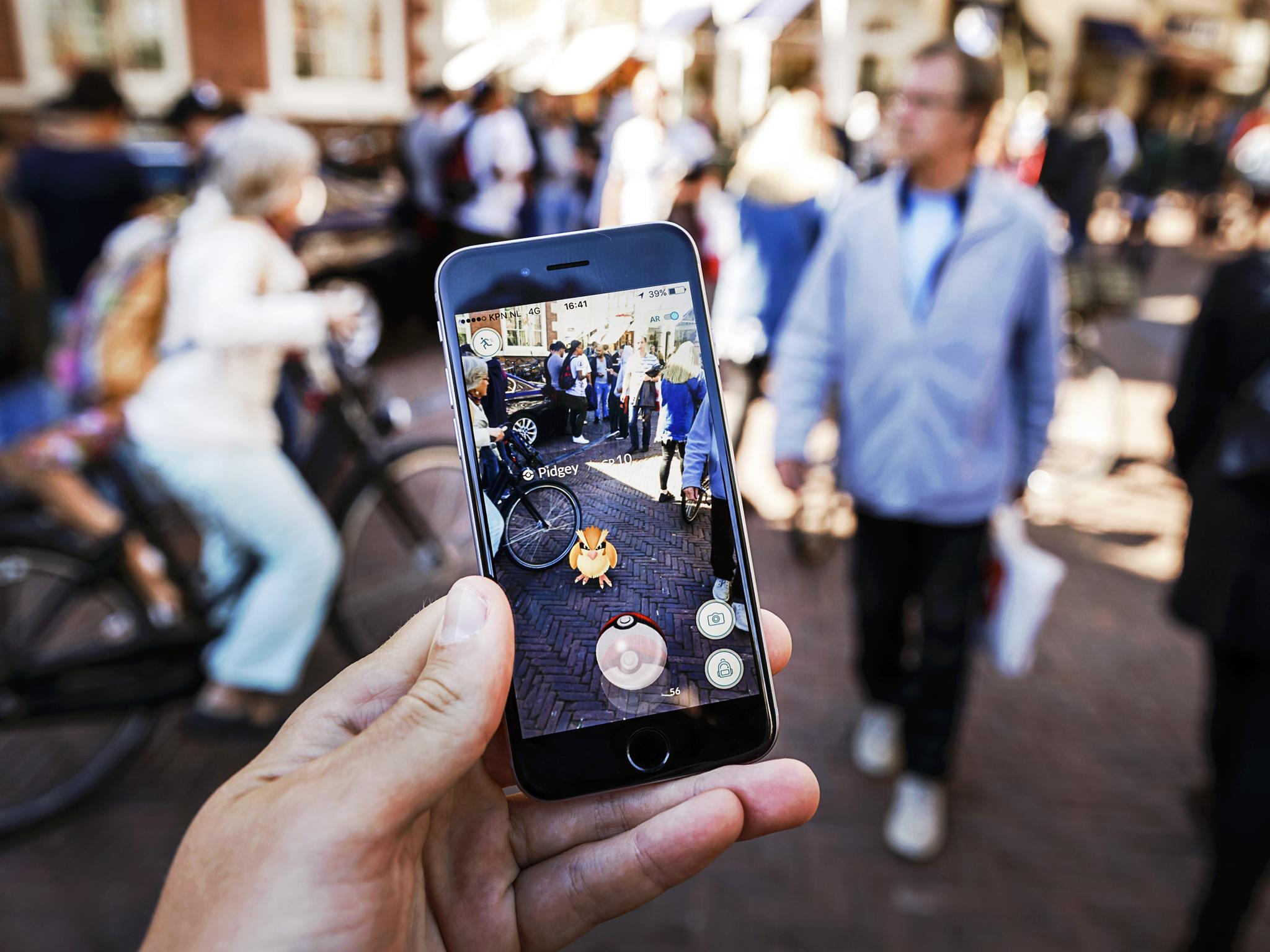Pokemon Go: Saudi clerics issue fatwa on 'un-Islamic' game
The ruling updates an old one, that banned the Pokemon card and video games

The hugely-popular Pokemon Go game is un-Islamic and shouldn’t be played, according to Saudi scholars.
The game encourages gambling, uses devious signals and promotes forbidden images, according to Saudi Arabia’s top clerics.
Saudi authorities had actually issued the fatwa in 2001. But it has now been updated to take in the new augmented reality game, as well as the older card and traditional video games, according to a note on the kingdom’s website.
Like those older games, Pokemon Go should be forbidden because it breaks various Islamic prohibitions.
A six-pointed star is used in the game, for instance – an image that is usually associated with the state of Israel. It also uses images of triangles that are associated with freemasonry. There are crosses that are a symbol of Christianity and other images that are associated with polytheism, the ruling claims.
Further, the game can encourage gambling – presumably in reference to the game’s micro transactions, which lets people pay real money for in-game currency. And parents are using the game to punish and reward children, the fatwa says.
Sheikh Saleh Al-Fozan, a member of the ultra-conservative Council of Senior Scholars, claimed that the new version of the game is the same as the old one, according to Arab News. It isn’t clear that the sheikh has actually played Pokemon Go, which takes many of the same characteristics and aims of the original Pokemon but assembles them around an entirely different engine, having people move about in the real world rather than a virtual one.
The game is already hugely popular in the Middle East, despite not being officially released.
A senior official at Egypt's Al-Azhar, the pre-eminent seat of Sunni scholarship in the Muslim world, has also spoken out against the game. Al-Azhar Undersecretary Abbas Shumman said users can lose their sense of reality and endanger themselves while playing. The state-run al-Ahram reported Shumman saying a "manic attachment to technology" can also make people forgetful toward worship and prayer.

Neighboring Kuwait's Interior Ministry warned users last week not to play the game at mosques, shopping centers, malls and oil installations. Authorities in the United Arab Emirates warned users to be careful playing mobile games that request a user's geographical location because it could be used by criminals to lure them.
Additional reporting by agencies
Bookmark popover
Removed from bookmarks